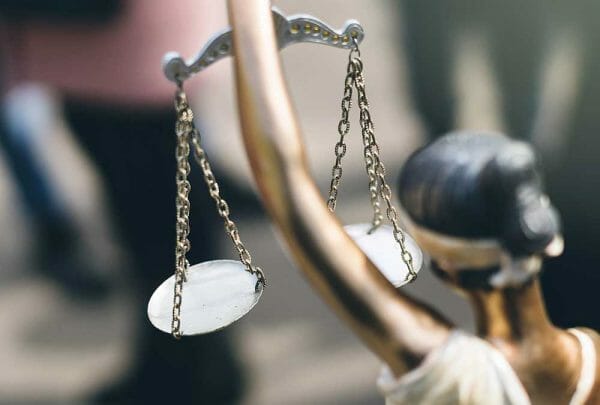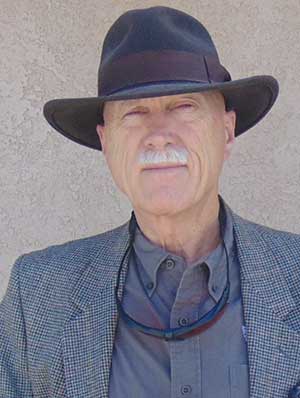
Arizona -(Ammoland.com)- -In a recent article in The Federalist, by Rebecca Kathryn Jude and Chauncey M. DePree, Jr., Ms. Jude related an experience during a continuing education seminar for lawyers in Mississippi. The experience was illustrative of the mindset of those who are voluntarily unarmed. In this case, they also were lawyers.
First, the hypothetical situation offered by Adam Kilgore, general counsel for the Mississippi Bar. From thefederalist.com:
A man has been fired from his job. He is upset. He hires you as his attorney. You are of the opinion he has an excellent case and file a complaint on his behalf. You later discover he possesses a permit to carry a firearm. He also has a so-called enhanced carry license. While his case is wending through the courts, your client goes to a public area outside his former workplace. He displays signs that say he has been wrongfully fired. The man has no history of criminal activity, violence, or threatening anyone.
The lawyers were asked what they should do if anything. The response of several lawyers, according to Ms. Jude, was frightening. They said the appropriate thing to do was to end their association with their client, while at the same time reporting him to the police as dangerous. Lawyers are allowed to do this *IF* they believe their client is about to commit an action that would result in death or serious bodily harm.
The problem, of course, is that there was *NO* evidence the client was about to do anything illegal, or anything that could reasonably be construed as a threat to cause death or serious bodily harm. The client was merely exercising their constitutional rights.
Ms. Jude’s reporting that several experienced lawyers, in Mississippi, were so “gun-phobic” (her word), they considered mere possession of permits to carry a gun to be a credible threat of illegal death or serious bodily harm.
In a previous essay, I attempted to explain how people who are deliberately unarmed view gun ownership.
Any restriction on people being armed will appear to be a positive. The fewer armed people those who are unarmed have to contend with, the better. It doesn’t matter how useless or senseless the restriction, how draconian, how expensive, how ineffective it may be. The deliberately unarmed perceive the personal costs to be zero. Fewer guns, less fear of an imbalance of power on their part.
The explanation appears to apply to the Mississippi lawyers. The mere fact their client has permits to carry a gun, no matter how legally, overrides the fact the client has never shown any propensity for illegal violence, has no criminal record, or any indication that they will engage in illegal violence.
The attorneys have such an intense aversion to gun ownership and the use of guns, that it overrides all logic, reason, professional training, and the ethical considerations of their profession.
The real-life example shown by Ms. Jude is instructive and a warning. Before you place reliance on a professional, or anyone who may be in a position to do you harm through false accusations (doctors, lawyers, significant others), it may be wise to determine if they have this mental flaw about guns.
If they are, to use Ms. Jude’s word gun-phobic, stay away. They pose a serious risk to your freedom and financial well being.
Those who are gun-phobic are a small minority. They appear to be over-represented in politics, large cities, and in academia.
About Dean Weingarten:
Dean Weingarten has been a peace officer, a military officer, was on the University of Wisconsin Pistol Team for four years, and was first certified to teach firearms safety in 1973. He taught the Arizona concealed carry course for fifteen years until the goal of constitutional carry was attained. He has degrees in meteorology and mining engineering, and recently retired from the Department of Defense after a 30 year career in Army Research, Development, Testing, and Evaluation.
